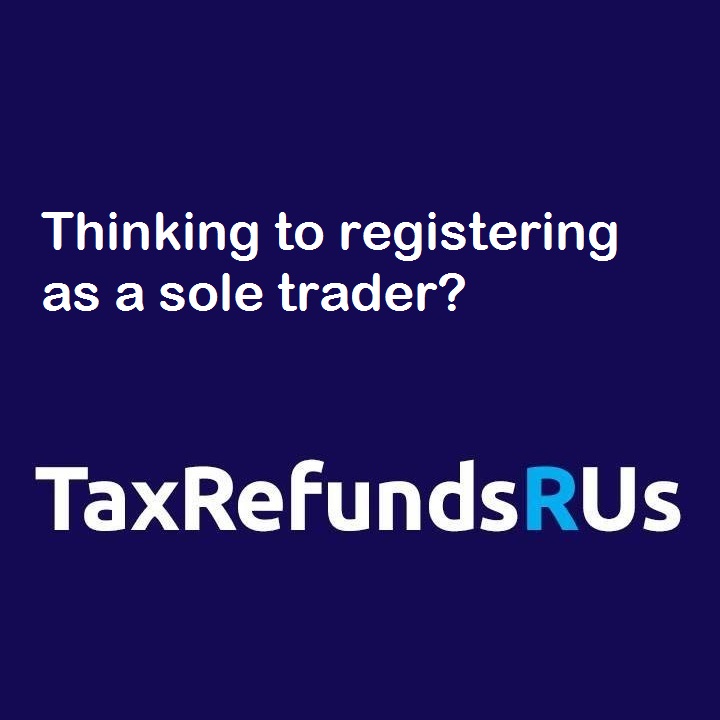News
-
Are You Due a Refund
Eligibility Checker
3 simple questions to before we start...
Great news... You’re eligible for a refund!
Claim today and get paid on 5 April 2024
You may need to file a tax return. Contact us today or hit the claim now button and we will be in touch.
Don't worry one of our helpful advisers will be able to check this for you. Call us now on 020 8561 8388.
-
Calculate Your Refund
Tax Refund Calculator (22/23 tax year)
Turnover (before tax)
£Value of expenses
£100%
Are you taxed at 20% or 30%?
Great news! You’re due a refund of .
On the basis of the information you’ve provided, you’re eligible for a refund. Call now on 020 8561 8388, or…
Claim today and get paid on 5 April 2024
You may owe to HMRC.
Don’t worry the most common reason is due to a mistake in what you have entered.
Please get in touch and we’ll check.
-
Any Questions?
Any Questions?
You may be able to find the answer quickly in our FAQs
Please get in touch using the contact form below and we get back to you right away
-
Refer a friend
Refer a friend
Simply recommend friends using the referral form below and receive £60 in cash for every successful referral!
-
Refund Registration Form
Registering as a sole trader

How To Register As a Sole Trader in the UK
When you’re self-employed, you should register as sole trader. If you’re starting a low-cost business, you don’t employ staff and you’re unlikely to go into debt, this could be the ideal business structure for you.
Why Do I Need to Register?
The government requires you to register when you’re self-employed. If you fail to register with the HMRC, you may face some stiff penalties. You must register by 5 October of your second tax year. The standard tax year runs from 5 April to 4 April.
Registering as a Sole Trader vs Registering as a Limited Company
Registering as a sole trader is quick, easy and costs nothing. Here’s everything you need to know about the process.
A sole trader runs their own business as a self-employed individual. As a sole trader, all business profits belong to you personally; and you can use them in any way you please. However, you’re also personally responsible for any losses or debts if your business fails.
This is very different from setting up a limited company. In this case, you’re classed as both an owner and an employee. However, the business is a separate legal entity. Any profits you make belong to the company, not to you personally. Losses also belong to the company, which protects you if you get into financial difficulties.
You can start your business as a sole trader and change to a limited company as your business grows. If you employ people, or your business has a high turnover, you may be better off setting up a limited company from the outset.
How to Register as a Sole Trader
The easiest way to register is online on the HMRC website. You can also phone HMRC on 0300 200 3500 or print a copy of the online form and send it by post. You’ll need to provide your name, address, National Insurance number and some details about your business.
Once you’ve registered, you’ll receive a Unique Taxpayer Reference Number. You’ll need this to complete your self Assessment tax return.
How To Name Your Business
As a sole trader, you can either trade under your own name or use a business name. If you use a business name, you’ll need to follow certain rules:
- You can’t include the terms ‘limited’, ‘Ltd’, ‘limited liability partnership’, ‘LLP’, ‘public limited company’ or ‘plc’ in the name
- Your business name can’t be offensive or use a ‘sensitive’ word or expression
- It can’t be the same name as that of an existing business
- Your name can’t suggest a connection with government or local authorities unless you have permission to do so
You don’t need to register your business name, but you must include both your name and your business name on any official paperwork. A good rule of thumb is to write it as ‘[your name and surname] T/a [your business name]’. T/a means ‘trading as’.
Legal Responsibilities as a Sole Trader
If you register as a sole trader, you’re responsible for:
- Keeping records of all your sales and business expenses
- Completing an annual self Assessment tax return
- Paying income tax and Class 2 and Class 4 National Insurance
- Registering for VAT if your turnover exceeds £85,000
- Registering for the Construction Industry Scheme if you’re working as a contractor or subcontractor in the construction industry
It’s worth setting aside a proportion of your profits each month to cover your tax and NI bill. You can calculate how much you owe in a given tax year by using HMRC’s tax calculator.
Source: MileIQ